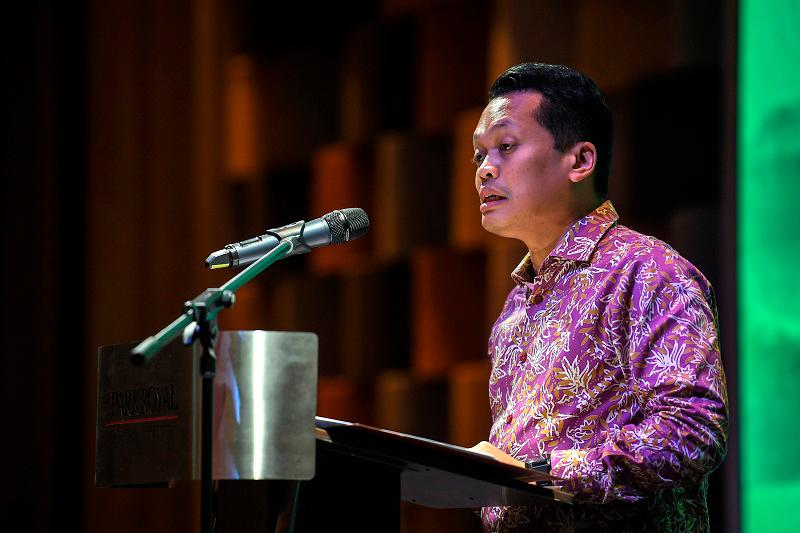PUTRAJAYA: Malaysia will propose a motion on environmental sustainability, focusing on plastic waste, during its ASEAN Chairmanship next year, said Minister of Natural Resources and Environmental Sustainability (NRES), Nik Nazmi Nik Ahmad.
“Malaysia will drive the introduction of more stringent measures and policies to tackle this problem at the regional level, as many member countries are facing the same issue,“ he said in a press release today.
Whereas at the national level, he said the NRES would propose reducing the plastic waste import quota of other ministries and agencies, in line with the country’s aim to focus on high-growth and high-value industries.
In response to reports by Germany’s Deutsche Welle and local radio BFM last Sunday, which claimed Malaysia is the second-largest importer of plastic waste from the European Union (EU), he explained that the Plastic Waste Import Management Steering Committee, consisting of several ministries, set the import quota at 350,000 tons per year on Oct 26, 2018, which remains in place today.
“Since then, various restrictions have been imposed to ensure only clean and homogeneous plastic waste is imported. The government has also mandated that imported waste must comprise no more than 70 percent of factory capacity, with the remaining 30 percent sourced from local plastic waste to support the domestic recycling sector,“ he added.
Nik Nazmi emphasised that NRES is taking the illegal importation of waste into the country seriously.
The Department of Environment director-general will be empowered under the Environmental Quality Act 1974 to collaborate with the Royal Malaysian Police to tackle environmental crimes related to plastic waste.
“Various ministries and agencies are actively working together to combat the illegal import of waste. This new delegation of powers represents a decisive step forward,“ he stated.
Nik Nazmi also expressed support for the EU’s move to impose strict restrictions on the export of waste, particularly plastic, to non-OECD countries starting next year.
“It is time for Malaysia, a key destination for illegal waste imports, to take this issue seriously. Developed nations must follow the EU’s example in reducing waste generation and managing their waste,“ he added.









